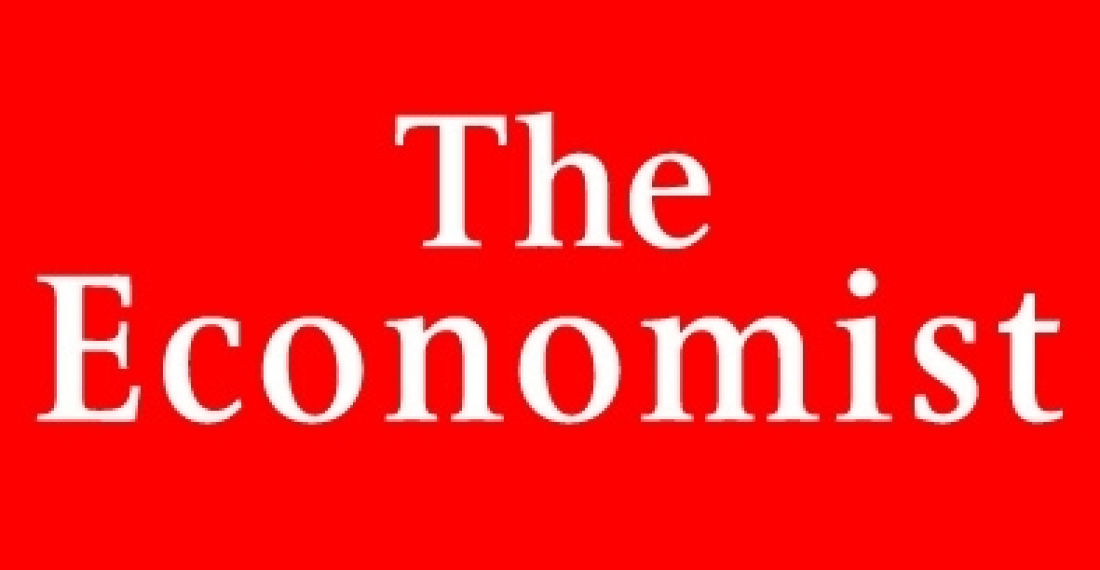Even if broad-brush criticisms of Turkey's foreign policy are overdone, some narrower ones are closer to the mark. It is no use professing to want zero problems with the neighbors without making a much broader effort to resolve such ancient quarrels as those with Armenia or over Cyprus, The Economist says in its Ottoman Dreamer article.
"Recep Tayyip Erdogan's activist foreign policy has its strengths and cheap populism is not one of them. The mercurial and often autocratic instincts of Mr Erdogan are not conducive to careful diplomacy, as his belligerent recent outbursts over Greek-Cypriot and Israeli gas exploration in the eastern Mediterranean have shown. As complex relations with Syria, Iran and Iraq are also confirming again, Turkey
must reach a political settlement with its own Kurds if it is to play a positive role in the region. Yet Mr Erdogan seems to be moving back to a purely military solution to the conflict with rebels in the Kurdistan Workers' Party (PKK)," the article says.







